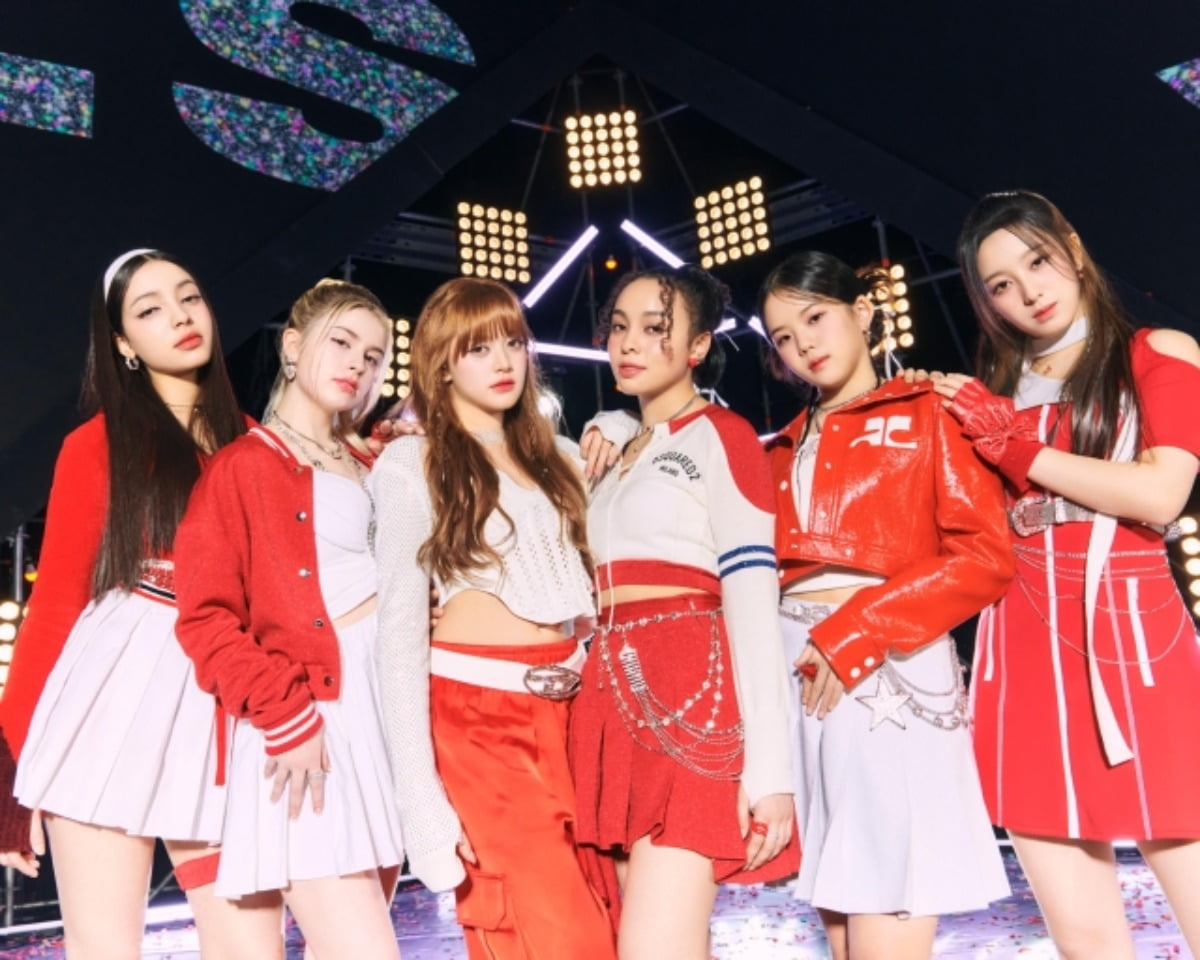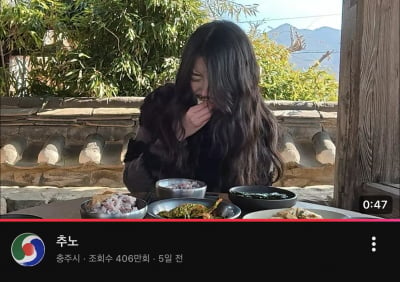ENTERTAINMENT
VCHA KG, Wanting to be loved but without an effort…K-Pop is also an industry

Lee Min-kyung from TenAsia sounds the alarm on the rapidly evolving entertainment industry, highlighting unseen issues and alerting to threats and changes surrounding the entertainment world.
Controversy has erupted in the K-pop industry as KG, an American member of the girl group VCHA, claims abuse by her agency. Industry insiders caution against generalizing her personal grievances as systemic issues within the K-pop industry, citing the subjective and vague nature of her allegations. Some even speculate that these claims are a fallout from VCHA's lackluster performance.
KG recently took to social media to allege abuse by specific staff members and announced a lawsuit to terminate her contract with JYP Entertainment. She cited three main grievances: an environment causing eating disorders, overwhelming debt leading to insufficient pay, and intense work demands with restricted personal life.

The difficulty of voluntary weight management cannot be labeled a 'social issue' nor is it unique to the K-pop industry. Weight management is a common challenge for professionals in industries that value beauty or physical ability. It's akin to the efforts of dancers or athletes who adjust their weight for performance, or actors who fluctuate their weight for roles.

Intense work demands and personal life restrictions need to be considered separately. High work demands are common for artists worldwide due to the high demand from fans and the revenue they generate for companies and broadcasters. While this doesn't justify the ethicality of such demands, it doesn't warrant labeling the entire K-pop industry negatively.
KG's most logical claim is regarding 'personal life restrictions.' The invasion of privacy is a challenge faced by artists globally. However, the lack of freedom in dating due to fan expectations based on pseudo-romantic feelings is a unique issue in the K-pop industry not commonly seen in international markets.
If KG intended to claim abuse, she should have provided more detailed evidence in her statement. Her current claims lack the logic to substantiate 'abuse,' aside from personal life restrictions. The rest appear to be personal grievances about the burdens of being an artist.
All industries evolve to meet public demand. The K-pop system has satisfied both domestic and global demand. To align with global aesthetic standards, K-pop members voluntarily manage their weight. The well-structured groups and their worldviews meet global demand, making the trainee system essential. The efforts of those who strive for the industry's sustainability and growth should not be dismissed as 'deep-rooted issues in the K-pop industry.'
Lee Min-kyung, TenAsia Reporter 2min_ror@tenasia.co.kr

